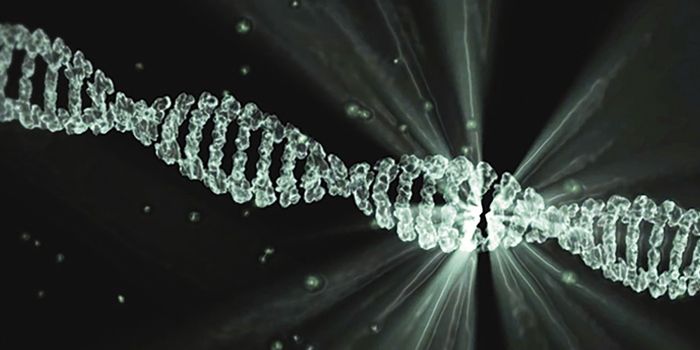Novel Parkinson's Linked Genes Revealed by CRISPR
Parkinson's disease is the second most common neurodegenerative disease in the world, and an estimated 90,000 new patients are diagnosed every year in the US alone. Scientists have tried to learn more about the complex genetic causes of this disorder, since genetic changes that are linked to Parkinson's cause the disease to develop in some individuals, while other carriers of these same mutations do not. It's been proposed that this happens because of other, separate genetic influences. In new work reported in Science, a massive genetic screening effort was performed to reveal those other influences. In this study, the researchers used a gene editing tool based on CRISPR to analyze the potential involvement of every human gene in Parkinson's.
This work has identified new genes that are related to Parkinson's. These findings may help researchers develop better screening tools or treatments for the neurodegenerative disease.
"Our study reveals that a combination of genetic factors plays a role in the manifestation of diseases like Parkinson's disease, which means that therapeutic targeting of several key pathways will have to be considered for such disorders," said corresponding study author Dr. Dimitri Krainc, director of the Feinberg Neuroscience Institute at Northwestern University Feinberg School of Medicine, among other appointments. "It is also possible to identify such genetic factors in susceptible individuals by studying tens of thousands of patients, which is challenging and costly."
These researchers used another approach that used CRISPR interference, in which the activity of a gene is silenced. They did so for each human gene, and found sixteen genes that encode for a molecule known as the Commander complex. This complex was found to deliver certain proteins to the cell's recycling organelle, which is called the lysosome. Lysosomal dysfunction has been previously linked to Parkinson's disease.
Mutations in the GBA1 gene are known to have the largest genetic association with the development of Parkinson's or dementia with Lewy bodies (DLB). These mutations interfere with the activity of glucocerebrosidase (GCase), an enzyme that is crucial to lysosome's recycling function.
But some people with mutations in GBA1 get Parkinson's while others with the same mutations do not.
In this work, the researchers altered GCase activity along with Commander complex genes. This showed that patients with Parkinson's and a loss of GCase activity also carry mutations in Commander genes that disrupt the function of those genes. These mutations may increase the risk of Parkinson's, the study authors suggested.
The Commander complex seems to help maintain lysosomal function. Drugs that boost the function of Commander proteins may improve lysosomal function and reduce the risk of neurodegenerative disease as well. However, more research will be needed to confirm that the Commander complex plays a role in neurodegenerative disease and the activity of the lysosome.
Sources: Northwestern University, Science









